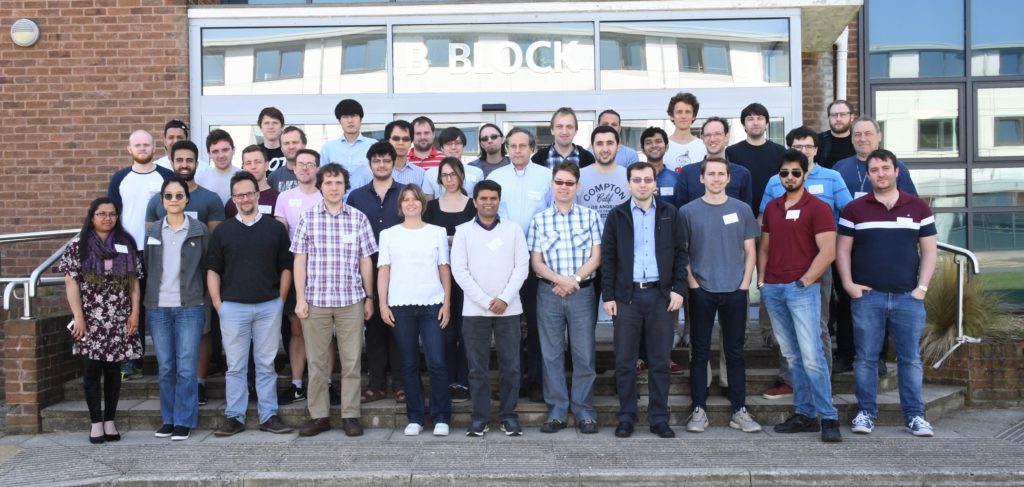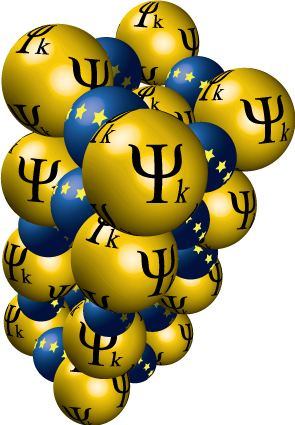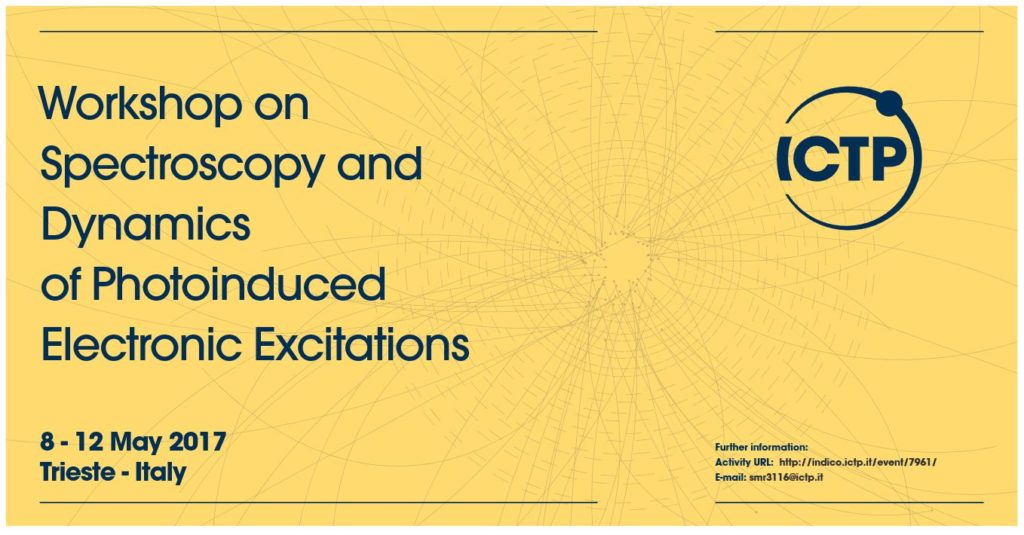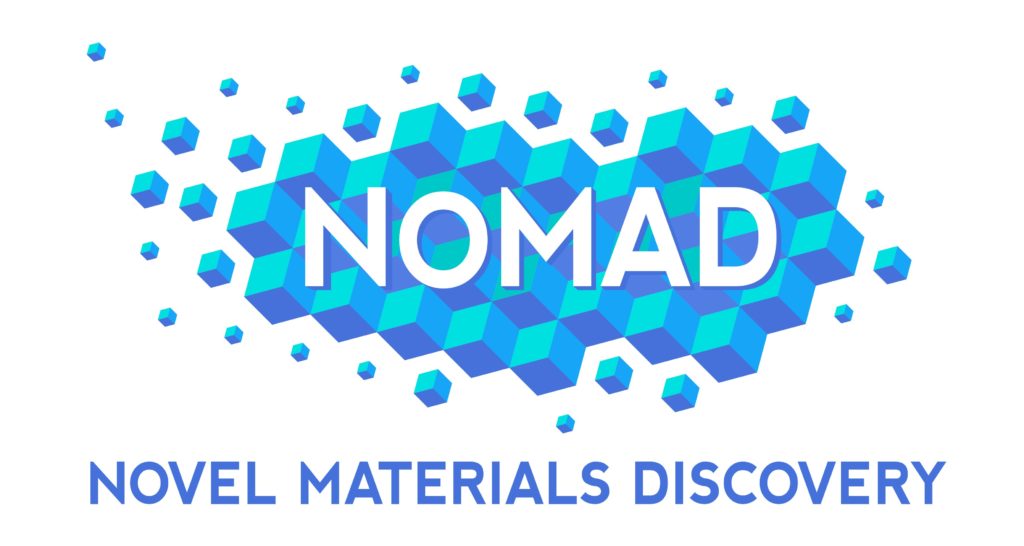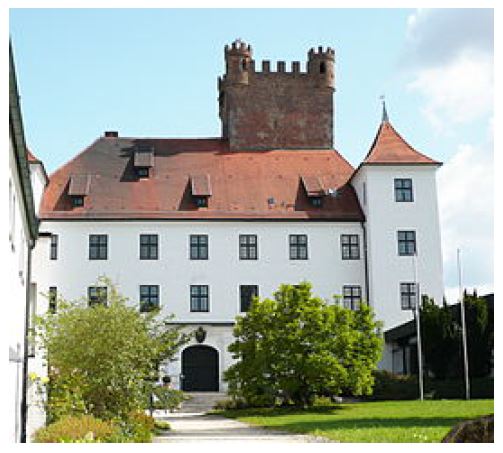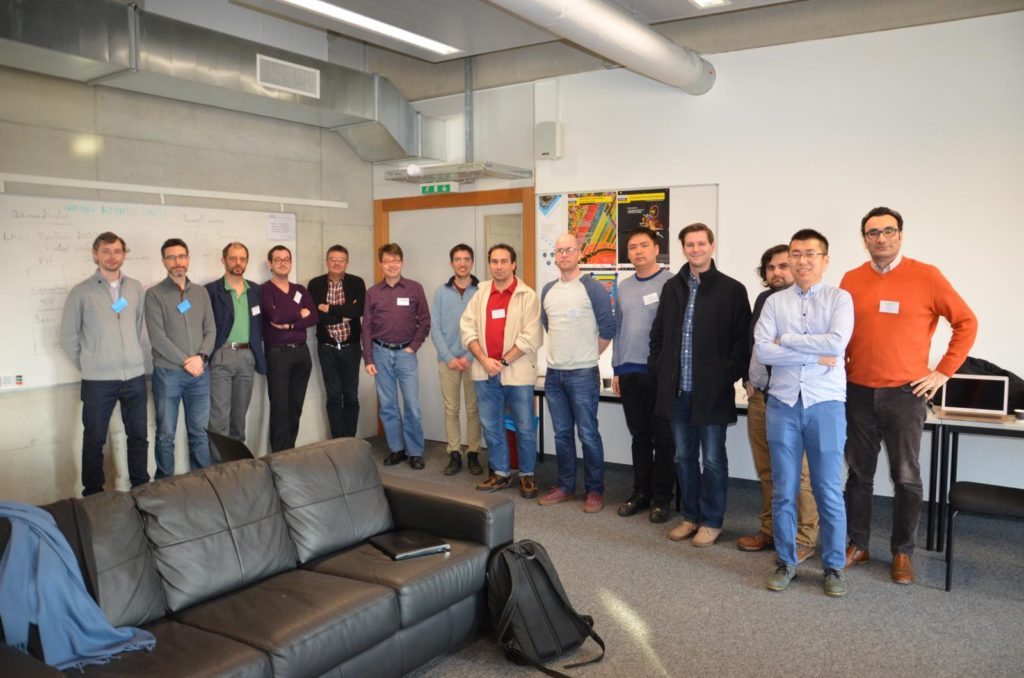Daresbury Laboratory, UK, 21-25 May 2018
Organizers: Mark van Schilfgaarde, Jerome Jackson, Martin Lueders, and Leon Petit
Splendid sunshine greeted the 29 participants of the second Daresbury Questaal school, which took place between 21 – 25 May 2018. The focus for the school was the application of the all-electron, full-potential linearized-muffin-tin (LMTO) code Questaal (www.questaal.org) to the calculation of response functions with many body perturbation theory and dynamical mean field theory. The highlight of the school was providing a clear description of these methods alongside practical training in performing such advanced calculations for real material problems and experiments. The school was sponsored by the CECAM Daresbury node, the UK’s CCP9 collaboration and the Psi-k network.
The aim of the school was to enable the participants to derive optical and magnetic responses of materials by training them in the relevant theories an instructing them in the operation of the different codes in the Questaal package. The need for advanced theories for calculating response functions was made clear in a talk by Toby Perring (ISIS Neutron and Muon Source) who gave a detailed introduction into the capabilities and relative merits of modern neutron and x-ray scattering techniques. Continue reading Many-body response functions in the Questaal code

